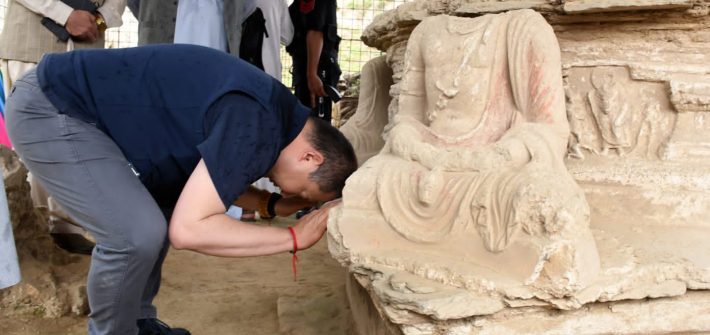Telo Tulku Rinpoche’s visit to Buddhist sites in Pakistan reflects his openness and independence as a Dharma leader and teacher
mongolia
Indica et Mongolica: Four Relics of the Buddha in Ulaanbaatar
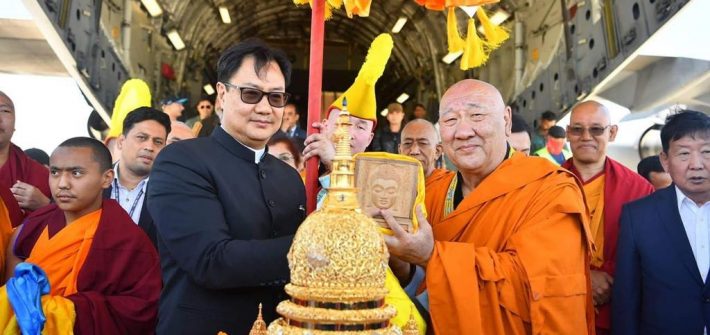
Today, the 14th, marks Buddha Purnima in Mongolia and a symbolic milestone in Buddhist-influenced Indo-Mongolian relations. Two days ago, Minister of Law and Justice Kiren Rijiju led a 25-member delegation to Ulaanbaatar, meeting Khamba Lama Gabju Choijamts Demberel, the most senior Buddhist leader in the country. Accompanying the delegation was a quartet of relics of the […]
Observations on the Indo-Mongolian Buddhist Partnership
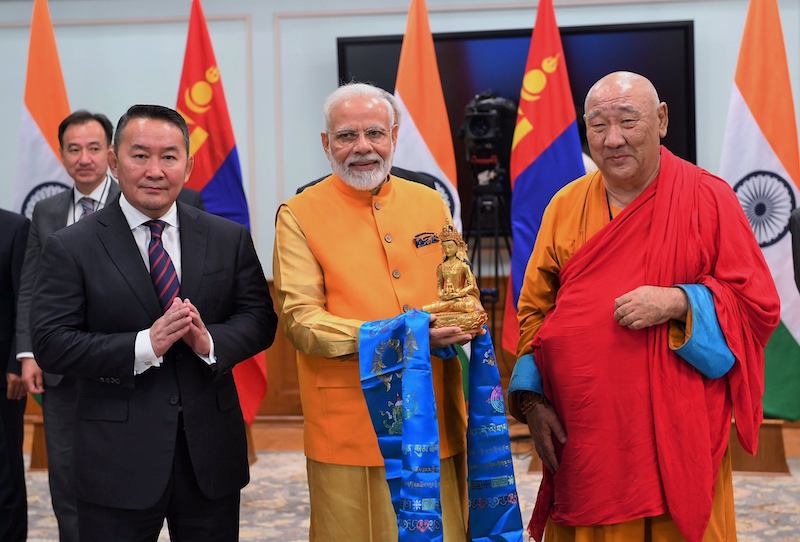
It was no coincidence that just a fortnight after the third Samvad conclave from 6–7 September in Ulaanbaatar, Mongolian President Khaltmaagiin Battulga paid a state visit to India from the 19th to 23rd. This month has seen, from the perspectives of both Mongolia and India, a significant diplomatic victory over some years in the making.
Mongolia’s Buddhist Diplomacy and India’s Union of Religious and Foreign Policy

The Vivekananda International Foundation (VIF), along with Indian, Japanese, and Mongolian partners, hosted its third Samvad (which, in Hindi, means “dialogue”) conference in Ulaanbaatar over last Friday and the weekend. As reported in BDG’s news article on the conclave, Mongolian political and religious leaders took this event very seriously. In his closing speech on the […]
A Circle of Buddhist Democracies: India’s Buddhist Strategy for Asia
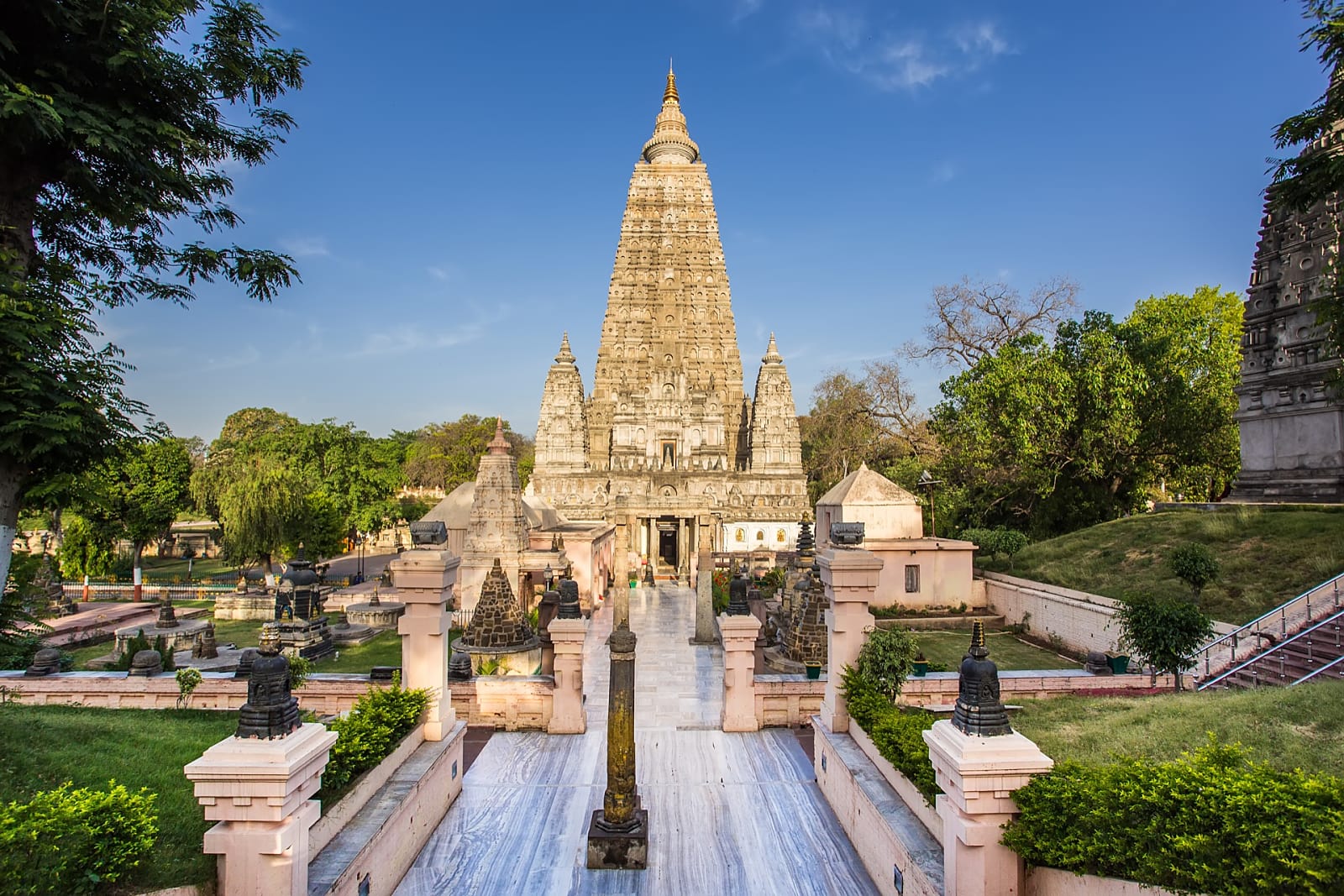
In May’s Indian elections, PM Narendra Modi’s BJP fared considerably well, indirectly securing a mandate for its Buddhist diplomacy. This “quiet” exercise of power began several years ago in September 2015, with the Vivekananda International Foundation’s (VIF) first Samvad conference. For this event we were taken to the diplomatic enclave of Chanakyapuri in New Delhi, […]
Oyungerel Tsedevdamba’s “The Green-Eyed Lama”: A Literary Window into Mongolia’s Pain and Healing
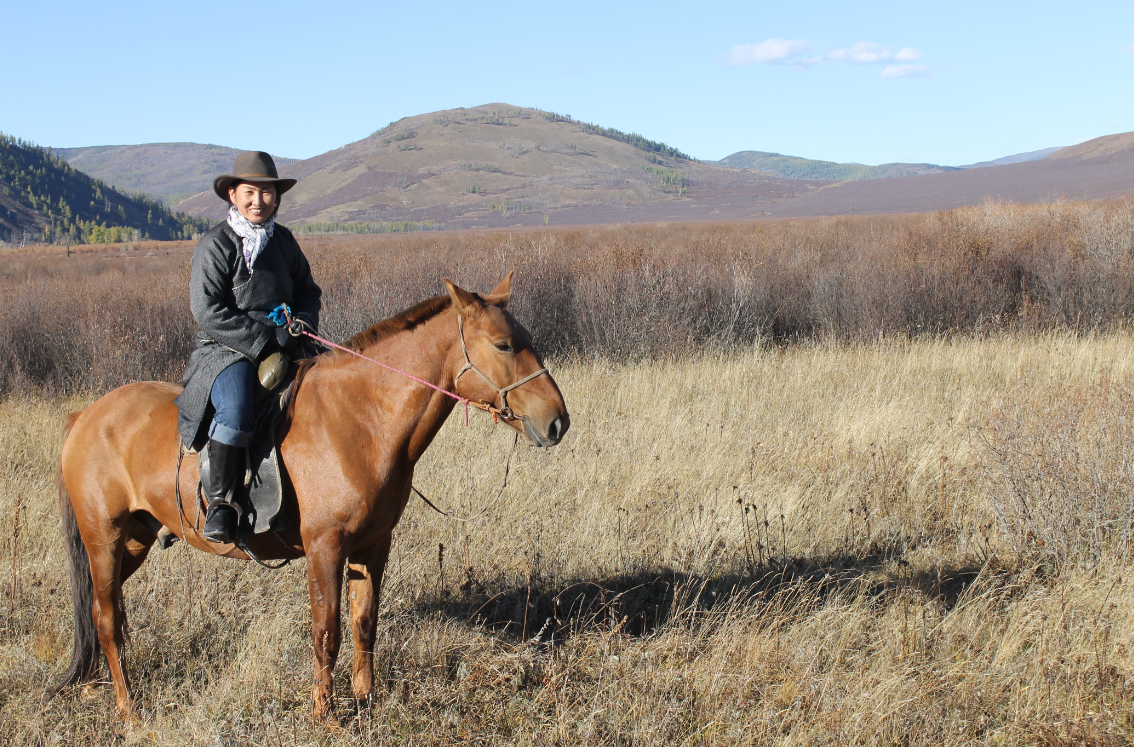
One does not usually expect a politician and policymaker to be a breakout novelist, but that is exactly what Oyungerel Tsedevdamba has managed to achieve. Her novel, The Green-Eyed Lama, is for many Mongolians the first novel about Mongolia itself, specifically the Mongolian experience of a particularly painful period: the 1930s purges under Stalin. Ms. […]

